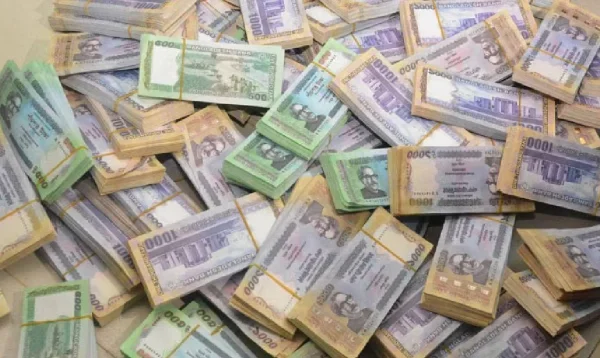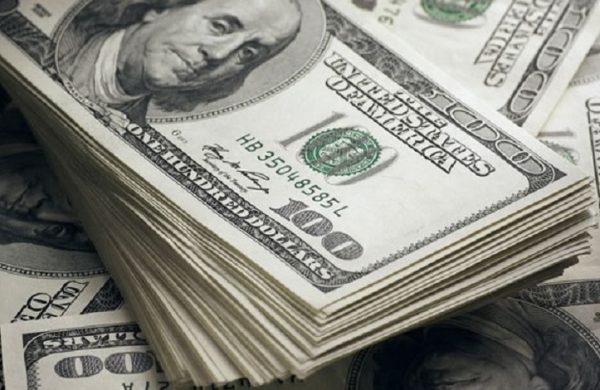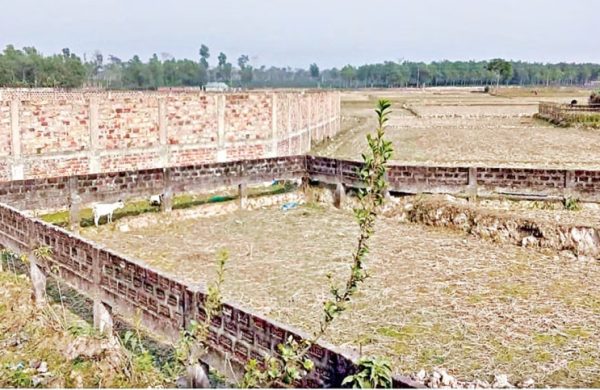Govt taps banks as funds dry up
- Update Time : Monday, June 2, 2025

Staff Correspondent:
Due to insufficient revenue growth and limited borrowing from savings instruments and foreign sources, the government is increasingly relying on the banking sector for funds.
As of May 21 of the current fiscal year, the government’s net borrowing stood at approximately Tk 600 billion, significantly higher than the amount at the start of the year.
According to analysts, the government has been compelled to borrow more from banks due to lower revenue collection, reduced earnings from savings certificates, and a decline in foreign loan disbursements.
As of January this year, the borrowing amount was only Tk 135.71 billion. Meanwhile, for the upcoming fiscal year, the government plans to set a borrowing target of Tk 1.04 trillion—25% less than the initial estimate in the current fiscal year’s budget.
The original borrowing target for the current year was Tk 1.375 trillion, which was later revised down to Tk 990 billion.
Bangladesh Bank Governor Dr. Ahsan H. Mansur recently said, “Given the current situation, the government will try to limit its borrowing to Tk 900 billion this fiscal year.”
According to Bangladesh Bank data, from the beginning of the current fiscal year up to May 21, the government borrowed Tk 1.160 trillion from commercial banks.
During the same period, it repaid Tk 565.84 billion in old debts, bringing the net borrowing to Tk 599.17 billion. Overall, the government’s total outstanding debt in the banking system has reached Tk 5.343 trillion, up from Tk 4.744 trillion at the end of last June.
Sources indicate that to reduce money supply in the market, Bangladesh Bank has been repaying its previous liabilities by borrowing from commercial banks through treasury bills and bonds.
As a result, funds from already strained banks are being transferred to the central bank. During this period, the central bank provided Tk 294.10 billion in assistance to weaker banks. A central bank official explained, “It’s common for government borrowing to rise at the end of the fiscal year due to increased efforts to clear outstanding bills. However, current borrowing is still well below the revised target.”
In addition, the government is now following an austerity policy, although repayments for previous loans and interest have increased significantly.
At the same time, recurring expenditures such as salaries and allowances are rising every year. In the first nine months of the current fiscal year, revenue increased by only 2.76% to Tk 2.564 trillion—far below the target. Moreover, the decline in savings certificate borrowing has further contributed to the government’s rising loan dependency.
Bangladesh Bank officials also stated that the inflation target is to bring it down to 8% by June of the current fiscal year, with plans to reduce it below 6% in the next fiscal year.
As of the end of April, average inflation stood at 9.17%. High inflation reduces people’s ability to save, which in turn affects the sale of savings certificates and growth in bank deposits. Last year, bank deposit growth was only 7.47%.


















